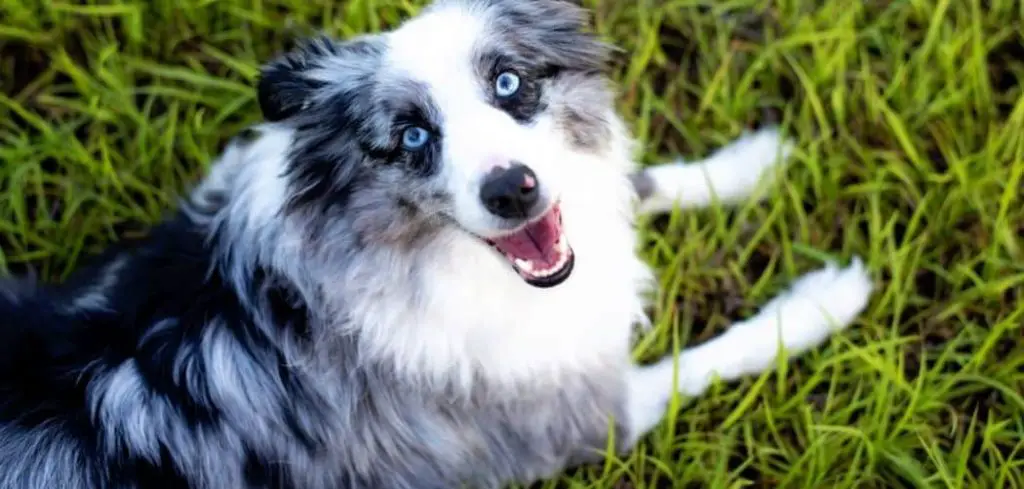Dogs panting heavily while showing signs of overheating can be a serious concern. Overheating affects a dog’s ability to regulate body temperature and can quickly become life-threatening if not addressed promptly.
We outline the common causes of panting and overheating in dogs, what you can do at home, and when to seek veterinary help.
Dog Panting and Overheating — Why It Happens
Panting is the main way dogs cool themselves, so excessive panting when overheating is a natural response. This often happens in hot weather, after exercise, or in poorly ventilated environments. However, if your dog shows signs of distress such as drooling, weakness, or collapse, it may be heatstroke — a life-threatening emergency requiring immediate vet care.

Dog Panting and Overheating: Common Causes
Heatstroke
Heatstroke is the most common and dangerous cause of panting and overheating in dogs. When a dog’s body temperature rises rapidly, panting alone may not be enough to cool them down.
Heatstroke can occur after prolonged exposure to high temperatures, direct sunlight, or when left in a hot car.
Dogs may drool excessively, show red or pale gums, become lethargic, vomit, or collapse.
Heatstroke requires immediate veterinary attention as it can lead to organ failure or death if untreated.
Read more: Dog Panting and Ears Are Hot (What it means)
High-Intensity Exercise
Excessive physical activity in hot or humid conditions can cause overheating. Dogs who run, play, or work vigorously may pant excessively and slow down or lie down as a sign of exhaustion.
Large, thick-coated breeds and brachycephalic dogs (like Bulldogs or Pugs) are particularly susceptible. Providing breaks, shade, and water during exercise is essential to prevent heat-related illness.
Obesity
Overweight dogs are at higher risk of overheating. Extra body weight makes it harder for a dog to regulate temperature efficiently, leading to faster and more labored panting even during mild activity.
Signs include shortness of breath, reluctance to exercise, and visible strain during movement. Weight management is key to reducing the risk of overheating.
Fever or Infection
Fever due to infection or illness can cause panting and signs of overheating. Bacterial, viral, or parasitic infections trigger an inflammatory response, raising body temperature.
Other symptoms may include lethargy, loss of appetite, shivering, or vomiting. Veterinary evaluation is necessary to identify and treat the underlying cause effectively.
Heart or Respiratory Problems
Cardiac or respiratory issues can contribute to overheating and panting. Dogs with heart disease, lung disease, or congestive heart failure may struggle to circulate blood efficiently, leading to labored breathing and elevated body temperature.
You may notice coughing, rapid heartbeat, fatigue, or bluish gums. Prompt veterinary care is important to prevent complications and manage these chronic conditions.
Anxiety or Stress
Emotional stress or anxiety can trigger excessive panting and a sensation of overheating. Dogs may pant heavily when scared, nervous, or overstimulated.
Other behaviors can include pacing, whining, trembling, or seeking constant reassurance. Providing a calm environment and behavioral interventions can help reduce stress-induced overheating.
Medications or Toxins
Certain medications and toxins can cause elevated body temperature and panting. Stimulants, pain medications, or accidental ingestion of toxic substances can impair thermoregulation.
Symptoms may include vomiting, diarrhea, weakness, and unresponsiveness. Immediate veterinary care is essential if poisoning or drug reactions are suspected.
What to Do If Your Dog Is Panting and Overheating
Move your dog to a cool, shaded area or an air-conditioned room. Avoid direct sunlight and warm surfaces.
Offer small amounts of water frequently, but do not force large amounts, as this can cause vomiting.
Use cool (not ice-cold) water to wet the dog’s body, focusing on the paws, belly, and head to help lower body temperature gradually.
Monitor your dog’s breathing, gum color, and overall responsiveness. If panting continues, becomes erratic, or your dog appears weak or disoriented, seek veterinary care immediately.
Keep the environment calm and quiet to reduce stress, and avoid any further strenuous activity until your dog fully recovers.
When to Call or Visit Your Vet
Contact your veterinarian immediately if your dog shows:
Persistent or worsening panting with signs of overheating
Collapse, unresponsiveness, or seizures
Vomiting, diarrhea, or excessive drooling
Pale, red, or blue-tinged gums
Rapid heartbeat, labored breathing, or weakness
Early intervention can prevent life-threatening complications, including organ damage or death.
Read more: Dog Panting and Fever (Understanding the link)
Key Takeaway
Panting accompanied by signs of overheating is a serious concern that can quickly become life-threatening. Causes range from heatstroke and excessive exercise to heart issues, obesity, or stress.
Keeping your dog cool, hydrated, and calm is essential, but persistent symptoms always require prompt veterinary attention. Observing your dog carefully and acting quickly can protect their health and ensure a safe, comfortable recovery.
